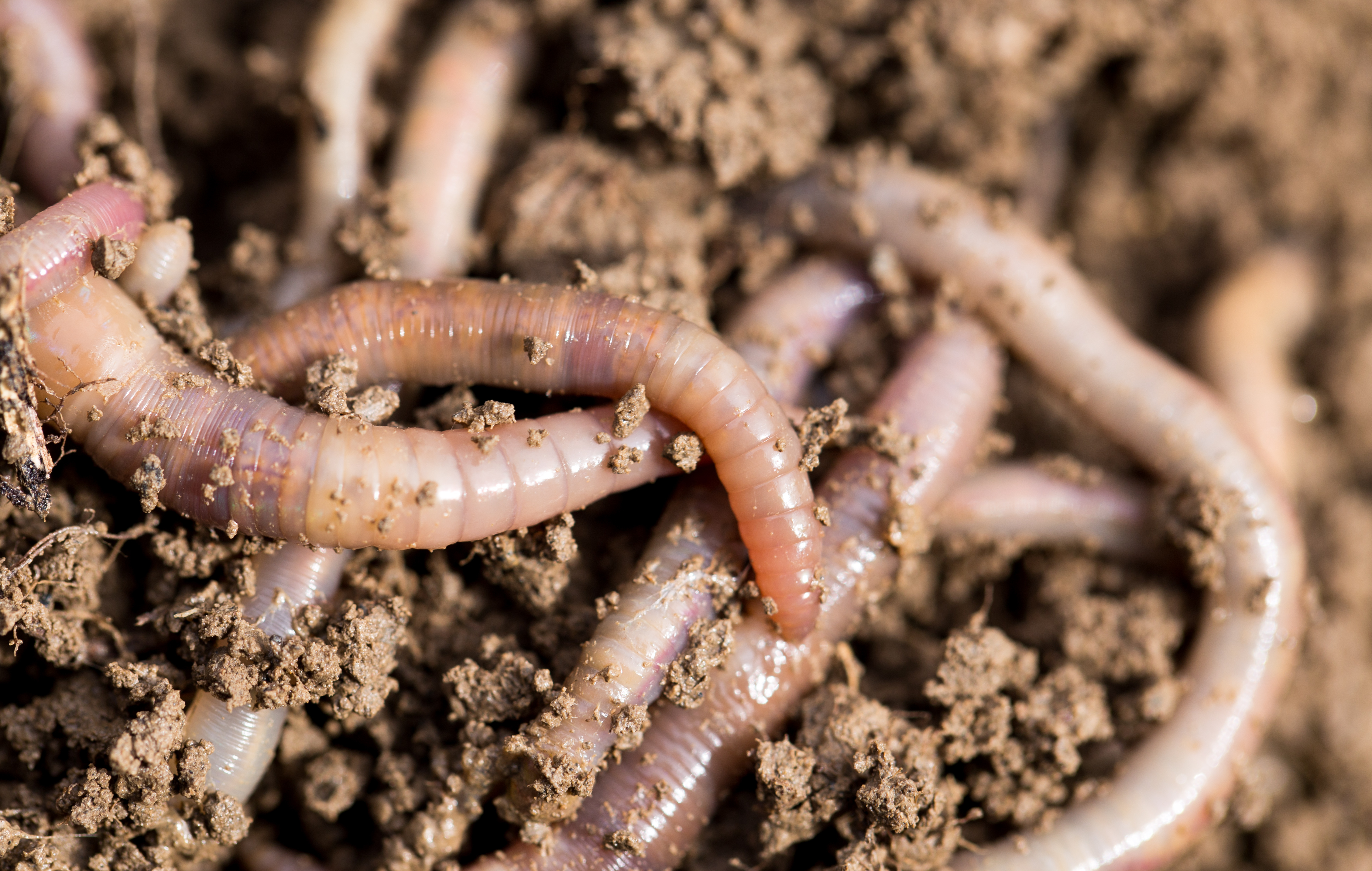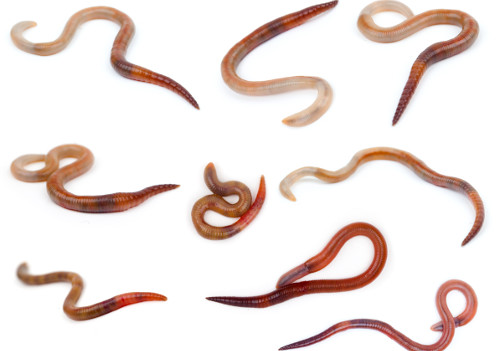Red Wiggler Worms - Perfect for Vermicomposting and Dirt Enrichment
Red Wiggler Worms - Perfect for Vermicomposting and Dirt Enrichment
Blog Article
Red Wiggler Worms Demystified: Unlocking the Tricks of Vermiculture for Greener Living and Nutrient-Rich Soil
In the realm of sustainable methods for enriching dirt high quality and advertising eco-conscious living, red wiggler worms play a pivotal yet frequently ignored function. Red Wiggler Worms. Understanding the details of caring for these worms, enhancing their environment, and utilizing their spreadings can lead to a greener lifestyle and healthier soil for plants to thrive.
The Duty of Red Wiggler Worms
Red Wiggler worms play an important role in composting systems by effectively breaking down organic issue into nutrient-rich castings. These ravenous eaters eat a selection of natural products, such as kitchen scraps, backyard waste, and paper items. As they feed, the worms' digestive system procedures break down the organic issue right into a fine, dark, and nutrient-dense material understood as worm spreadings or vermicompost.
The castings created by Red Wiggler worms are highly helpful for dirt wellness and plant development. They are rich in vital nutrients like phosphorus, potassium, and nitrogen, which are important for sustaining healthy and balanced plant growth. Additionally, worm spreadings consist of valuable microorganisms and enzymes that help improve dirt framework, rise water retention, and enhance nutrient uptake by plants.
Advantages of Vermicomposting

It improves soil structure, boosts dirt aeration, and increases soil wetness retention. Vermicompost also enriches the dirt with vital nutrients like potassium, phosphorus, and nitrogen, promoting plant growth and total soil fertility.
Furthermore, vermicomposting supports sustainable horticulture methods by giving a chemical-free and natural choice to synthetic plant foods. Red Wiggler Worms. This environmentally friendly approach not only enhances the dirt yet also assists minimize reliance on unsafe chemicals, advertising a greener and more lasting way of gardening
Establishing a Worm Bin
When establishing a worm bin for vermicomposting, appropriate configuration is crucial to make certain the success of the composting process. The very first action in establishing a worm bin is selecting an ideal container. This can be a plastic bin or wooden box that offers enough room for the worms to move around and has appropriate drain holes to avoid waterlogging. Next, a bed linen material such as shredded paper, cardboard, or coconut coir need to be contributed to the container. This bed linen gives a comfortable setting for the worms and aids preserve wetness levels.
After including the bedding, introduce the red wiggler worms to the bin. The worms should after that be offered with food scraps such as fruit and veggie peels, coffee grounds, and eggshells.
Consistently check the wetness degrees and temperature in the worm container to make certain optimal see this problems for the worms. With proper arrangement and upkeep, the worm bin will successfully transform natural waste right into nutrient-rich garden compost for your plants and yard.
Gathering Worm Spreadings
To efficiently gather nutrient-rich worm spreadings from your vermicomposting system, a methodical harvesting approach is vital. When it comes time to gather the worm castings, there are a couple of vital steps to comply with to make sure a successful process.

Troubleshooting Common Issues
Determining and resolving usual difficulties that may arise throughout the vermicomposting process is essential for keeping a productive and healthy worm bin. Including excess food scraps can lead to an accumulation of moisture and acidity in the worm bin, potentially harming the worms. An additional issue is undesirable odors originating from the worm container.
Additionally, if the worm populace is decreasing or the worms appear undesirable, maybe due to ecological stress factors such as severe temperature levels or pH levels. Keeping an eye on these variables and making necessary changes is vital for the health of the worms. By troubleshooting these common concerns promptly, vermicomposters can make certain a effective and smooth vermicomposting procedure while keeping a prospering worm populace.

Final Thought
In conclusion, red wiggler worms play a critical role in vermiculture by breaking down natural matter into nutrient-rich dirt. Establishing up a worm container is essential for effective vermiculture, and gathering worm castings gives important compost for gardening.
As they feed, the worms' digestion processes break down the natural matter right into a fine, dark, and nutrient-dense material recognized as worm castings or vermicompost.
The castings generated by Red Wiggler worms this link are very useful for dirt wellness and plant development. Including excess food scraps can lead to an accumulation of dampness and level of acidity in the worm bin, possibly hurting the worms.Furthermore, if the worm populace is decreasing or the worms show up unhealthy, it could be due to ecological stressors such as extreme temperature levels or pH levels. Establishing up a worm container is important for effective vermiculture, and collecting worm castings supplies valuable garden compost for horticulture.
Report this page